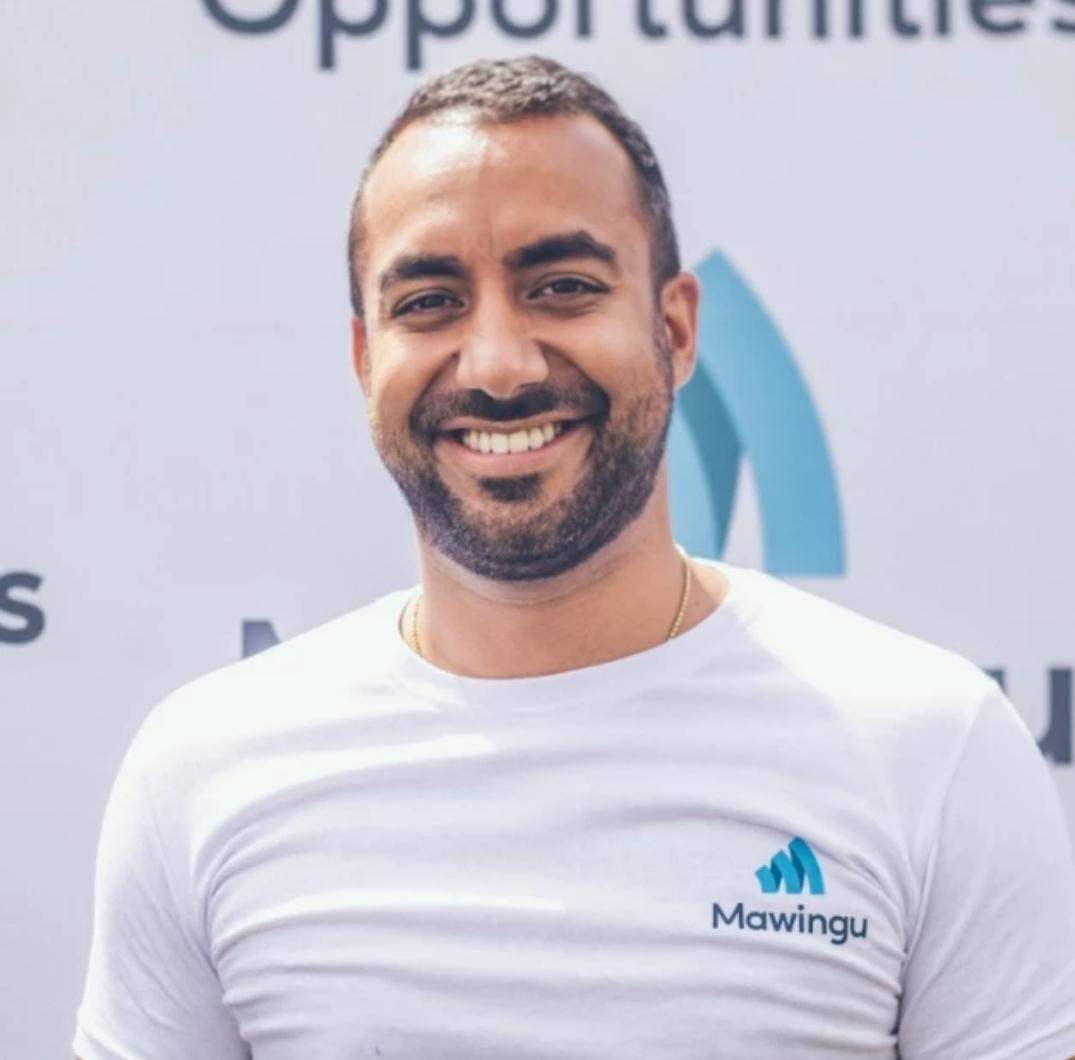
Kenyan Internet Service Provider (ISP) Mawingu has acquired Ksh 1.1 billion ($9 million) funding in a Series B round to expand across the country.
The start-up, founded in 2012, provides shared internet packages in the rural and peri-urban areas, targeting homes and small businesses, as well as dedicated connections and services for large enterprises.
The funding was from new investor InfraCo Africa, who invested $6 million (Ksh.747 million), as well as existing investors E3 Capital and Dutch Entrepreneurial Development Bank FMO who contributed $1.5 million (Ksh.186 million) each.
Mawingu, which has a network transmission fabric of more than 100 base stations, said the new funding will enable it scale operations to an additional 25 counties in Kenya.
“Mawingu’s aim is not to simply drop an Internet cable at someone’s house. We seek to help our customers access new opportunities for work, education, entertainment, and social connections through the power of the internet,” CEO Farouk Ramji said on Wednesday.
Initially serving customers in the Mount Kenya region, the ISP currently has a customer base of more than 7,500 in 15 counties.
Mawingu said it will begin its expansion plans in February 2023 and has set its eyes on western Kenya targeting Kisii, Migori, Bungoma, and Kakamega counties.
This kick-off will set the pace for the year as more parts of the country will be connected monthly moving forward, the company said, adding that its long-term goal is to connect 250,000 Kenyans over the next five years.
“Mawingu is positioning itself as a provider of quality Internet at affordable rates, with the capacity and desire to connect frontier regions that have never had access to meaningful internet,” Ramji added.
According to DataReportal’s Digital 2022 report, Kenya’s internet penetration rate stood at 42 per cent as of January 2022.
The analysis indicated that internet users in Kenya increased by 1.6 million (7.4 per cent) between 2021 and 2022, ostensibly due to Kenyans’ increased adoption of working-from-home arrangements and e-learning in the wake of the the Covid-19 pandemic in 2020.
The Communications Authority in September 2020 reported 64.89 million mobile phone subscriptions, representing a mobile penetration rate of 133.3 percent, up from 125.8 percent the previous year.
Third- and fourth-generation (3G and 4G) mobile network subscriptions stood at 26.63 percent and 28.61 percent at the time.
𝗦𝗲𝗺𝗮𝘀𝗼𝗰𝗶𝗮𝗹 𝗶𝘀 𝘄𝗵𝗲𝗿𝗲 𝗿𝗲𝗮𝗹 𝗽𝗲𝗼𝗽𝗹𝗲 𝗰𝗼𝗻𝗻𝗲𝗰𝘁, 𝗴𝗿𝗼𝘄, 𝗮𝗻𝗱 𝗯𝗲𝗹𝗼𝗻𝗴. We’re more than just a social platform — from jobs and blogs to events and daily chats, we bring people and ideas together in one simple, meaningful space.